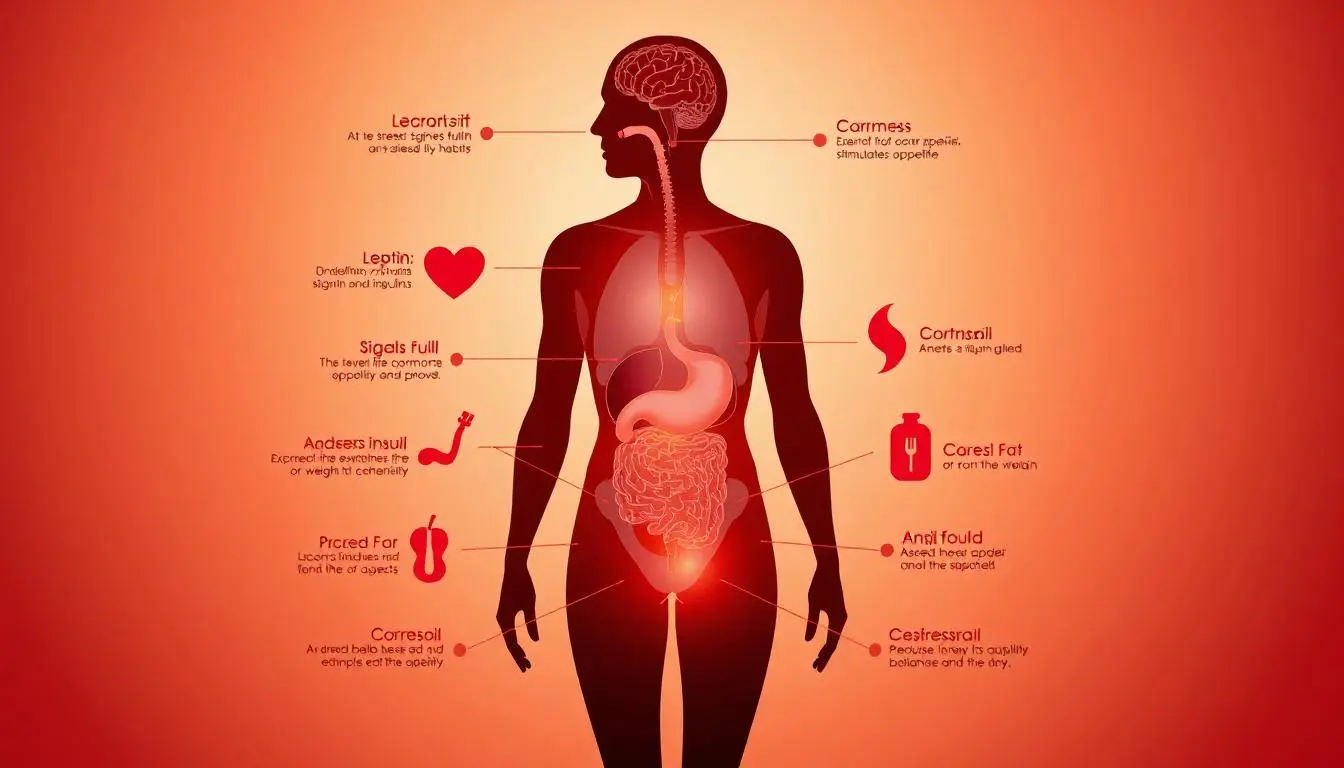Welcome to the fascinating world of hormones and obesity! Did you know that our hormones play a crucial role in regulating our appetite, metabolism, and fat storage? Yes, that’s right! These powerful chemical messengers can greatly influence our weight and body composition. In this article, we’ll explore the intricate connection between hormones and obesity, shedding light on how imbalances can lead to weight gain and difficulty in losing those extra pounds. Understanding the role of hormones in maintaining a healthy weight is key to achieving long-term weight management success. So, let’s dive in and uncover the secrets of how our hormones impact our body weight and what we can do to keep them in balance for optimal health and well-being.
The Role of Hormones in Regulating Appetite
Ever wonder why you can’t seem to stop snacking even when you’re not hungry? Well, blame it on your hormones! These tiny chemical messengers play a crucial role in regulating your appetite. Ghrelin, often referred to as the “hunger hormone,” signals your brain when it’s time to eat. On the other hand, leptin, known as the “satiety hormone,” tells your brain when you’re full and should stop eating. When these hormones are out of balance, it can lead to overeating and weight gain.
So, next time you feel like reaching for that extra cookie, remember that it’s not just about willpower – it’s about understanding and managing your hormones to support your weight management goals.
The Role of Hormones in Metabolism and Fat Storage
Ever wonder why some people seem to effortlessly maintain a healthy weight while others struggle with excess pounds? The answer might lie in the intricate dance of hormones within our bodies.
Hormones play a crucial role in regulating metabolism and fat storage. Leptin, often referred to as the “satiety hormone,” signals to your brain that you are full and have had enough to eat. On the other hand, ghrelin, known as the “hunger hormone,” stimulates appetite and can lead to overeating if not properly regulated.
Insulin, a hormone produced by the pancreas, helps regulate blood sugar levels and can influence fat storage. When insulin levels are too high, your body may store excess glucose as fat, leading to weight gain.
Maintaining a balance of these hormones through a healthy diet, regular exercise, and adequate sleep can help support your weight management efforts. So, next time you reach for a snack, remember that your hormones might be playing a bigger role than you think!
- Leptin signals fullness
- Ghrelin stimulates appetite
- Insulin regulates blood sugar levels and fat storage
Impact of Hormonal Imbalance on Weight Gain
Ever wondered why some people seem to effortlessly maintain a healthy weight while others struggle despite their best efforts? It could all come down to hormonal balance. Hormones play a crucial role in regulating our metabolism, appetite, and fat storage. When these hormones get out of whack, it can lead to weight gain and difficulty losing those extra pounds.
Insulin, cortisol, leptin, and ghrelin are just a few of the hormones that impact our weight. Insulin, for example, regulates blood sugar levels and can promote fat storage if levels are too high. Cortisol, the stress hormone, can also contribute to weight gain when elevated over long periods.
Keeping these hormones in check through a balanced diet, regular exercise, stress management, and quality sleep can help maintain a healthy weight and prevent hormonal imbalances that lead to weight gain.
Alright, so you’re looking to maintain hormonal balance to manage your weight? Great choice! Let’s dive into some strategies that can help you achieve just that:
Strategies to Maintain Hormonal Balance for Weight Management
1. Eat a balanced diet: Ensure you’re getting a mix of protein, healthy fats, and complex carbohydrates to support hormone production and regulation.
2. Get enough sleep: Aim for 7-9 hours of quality sleep each night to keep your hormones in check, especially those that regulate appetite and metabolism.
3. Manage stress: Chronic stress can lead to hormonal imbalances, so practice stress-reducing activities like yoga, meditation, or deep breathing.
4. Stay active: Regular exercise can help regulate hormones related to weight management, so find activities you enjoy and make them a part of your routine.
Remember, maintaining hormonal balance is key to managing your weight effectively. So keep these strategies in mind and take small steps towards a healthier, happier you!
Welcome to the exciting world of how lifestyle factors can influence our hormones and impact obesity! Your daily habits, such as what you eat, how much you move, and how well you sleep, can all have a significant impact on your hormonal balance and weight management. By adopting healthier choices, you can positively influence your hormones and support your weight loss goals.
Start by incorporating a balanced diet rich in whole foods, such as fruits, vegetables, lean proteins, and whole grains. Regular exercise, like walking, biking, or yoga, can also help regulate hormones and promote weight loss. Additionally, prioritizing quality sleep and managing stress through relaxation techniques can further support your hormonal balance.
Remember, small changes can add up to big results when it comes to managing your hormones and achieving a healthy weight. So, take charge of your lifestyle choices and watch your hormones and weight fall into balance!
Conclusion and Future Directions
As we wrap up our exploration of hormones and their role in obesity, it’s essential to remember that achieving and maintaining a healthy weight is a complex interplay of various factors, including hormones, diet, exercise, and lifestyle habits. While hormones play a significant role in regulating appetite, metabolism, and fat storage, it’s crucial to understand that they are not the sole determinants of weight gain or loss.
By adopting a balanced and sustainable approach to weight management, including a nutritious diet, regular physical activity, stress management, and quality sleep, you can support your hormonal health and optimize your body’s natural processes. Consulting with healthcare professionals or nutritionists can help you develop a personalized plan tailored to your unique needs and goals.
Remember, small changes over time can lead to significant improvements in your overall health and well-being. Stay motivated, stay informed, and stay committed to nurturing a healthy relationship with your body!


